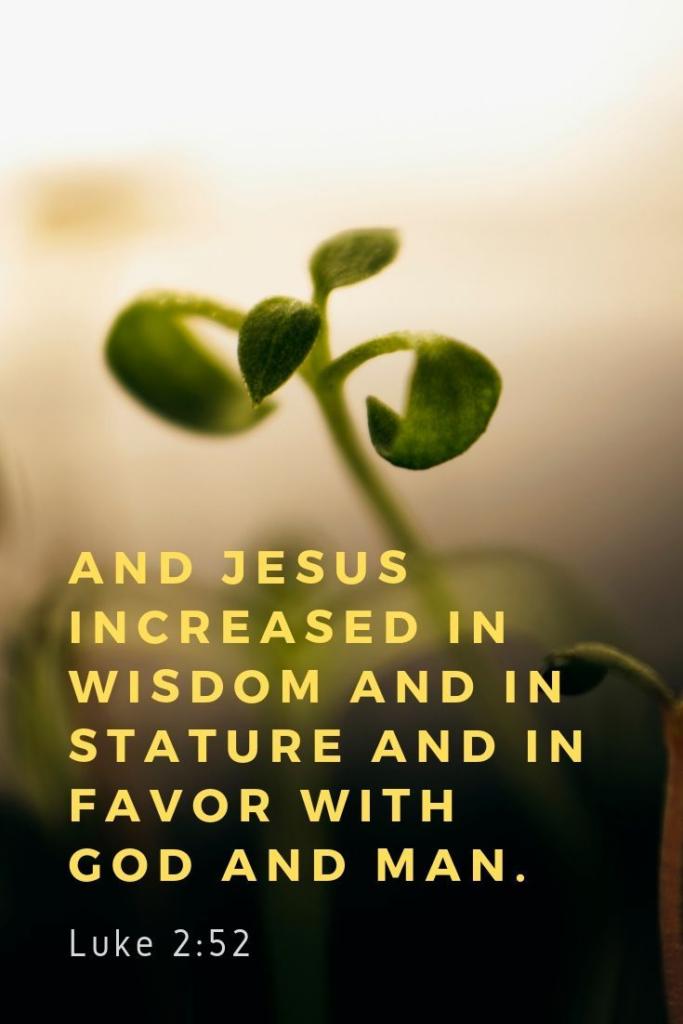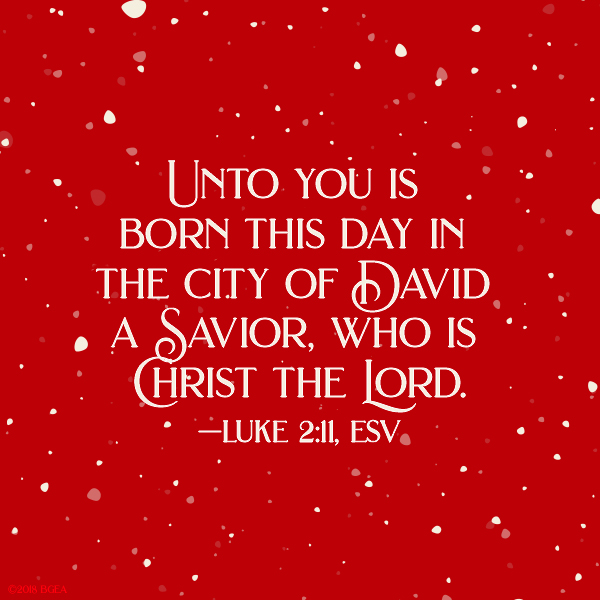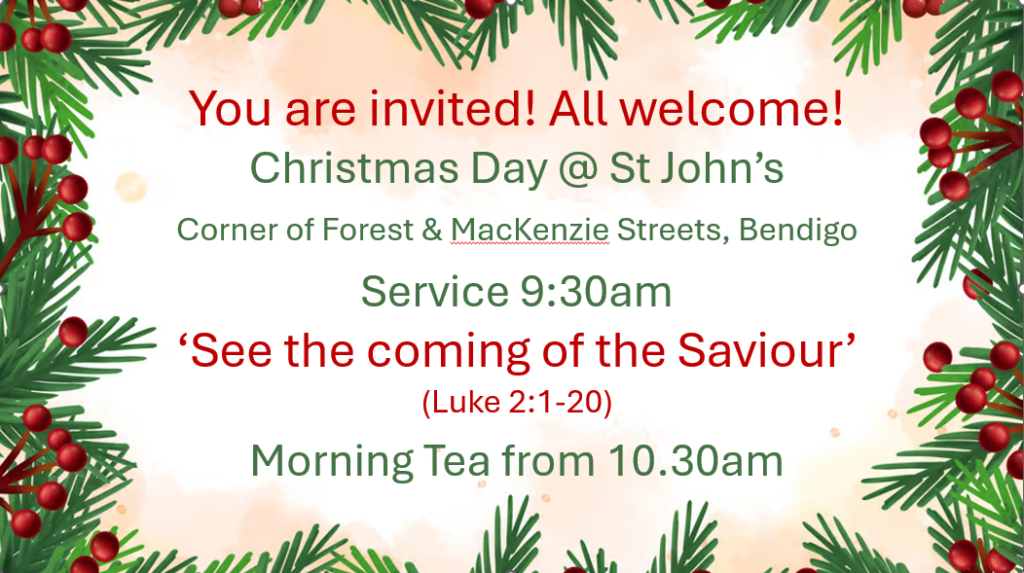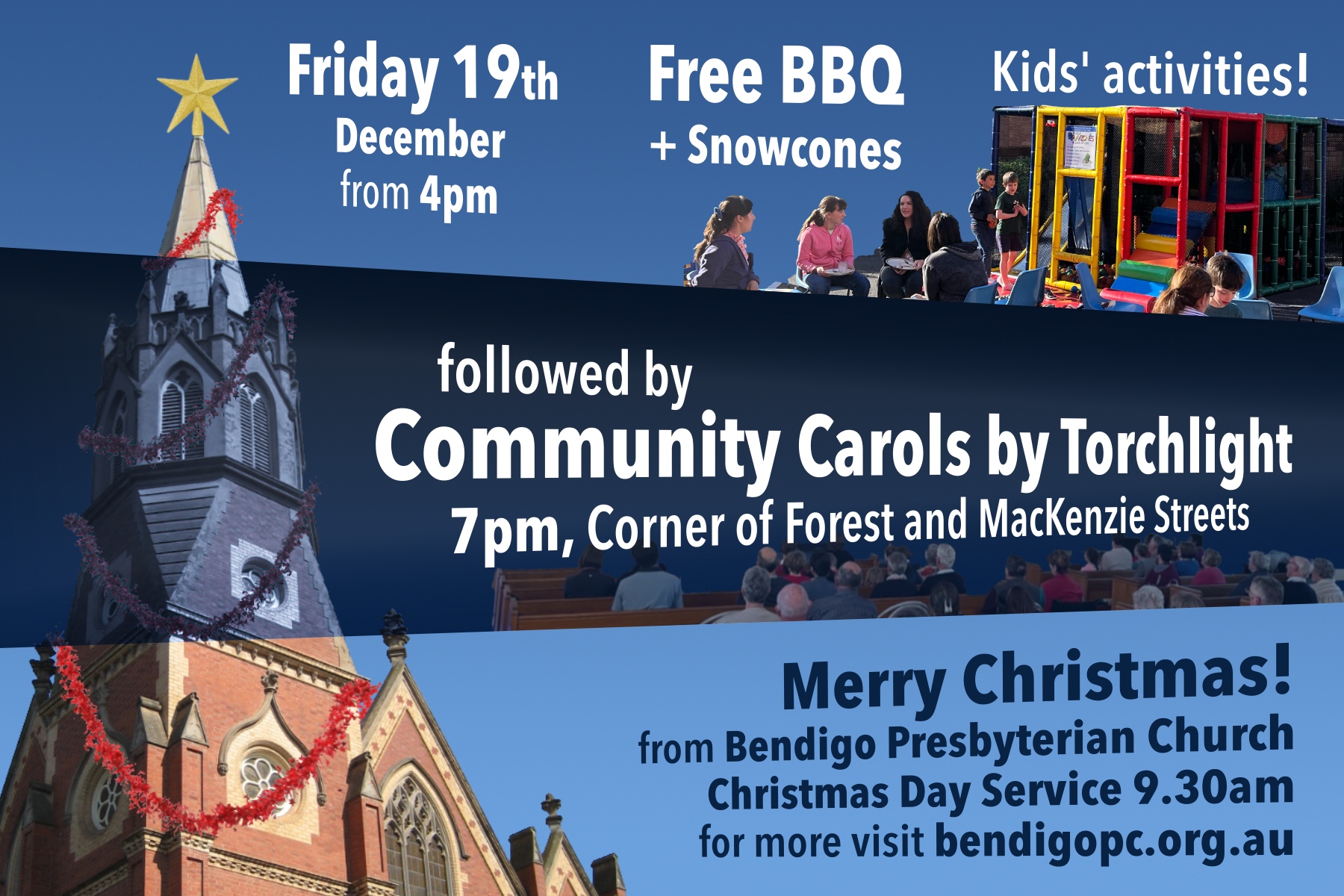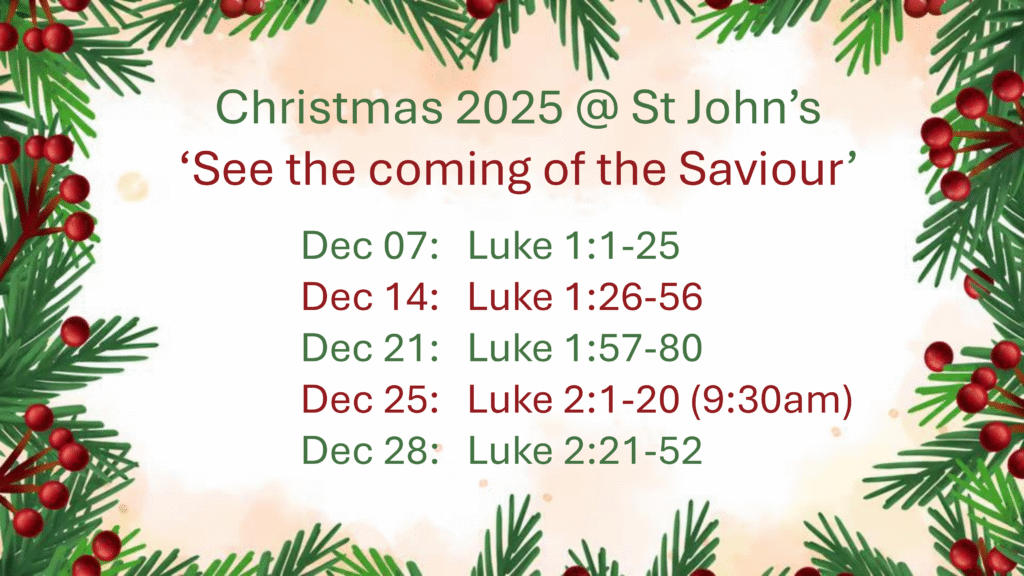Luke 2:21-52 are verses that might be all too easily overlooked in the Christmas season, when they ought not be. They give us a glimpse into ‘what went on’ for Jesus and even for his parents after the angels and shepherds had all gone away. They cover ‘ordinary’ matters that any Jewish couple of their time would have to observe – involving circumcision of their baby boy and more than one visit to the Temple in Jerusalem…. and it’s there in the Temple that many things unfolded that lead us to learn much more about our Saviour.
Message
Outline
• First Sunday/ last Sunday
• A post-Christmas analysis
• The next (forgotten) part of the story – in the Temple!
• See how Luke tells us of how…
- The Law was fulfilled (v.21-24)
- The Lord was revealed (v.25-38)
- The Saviour was learning (v.39-52)
Pre-New Year
People of faith….
Being like Jesus…
